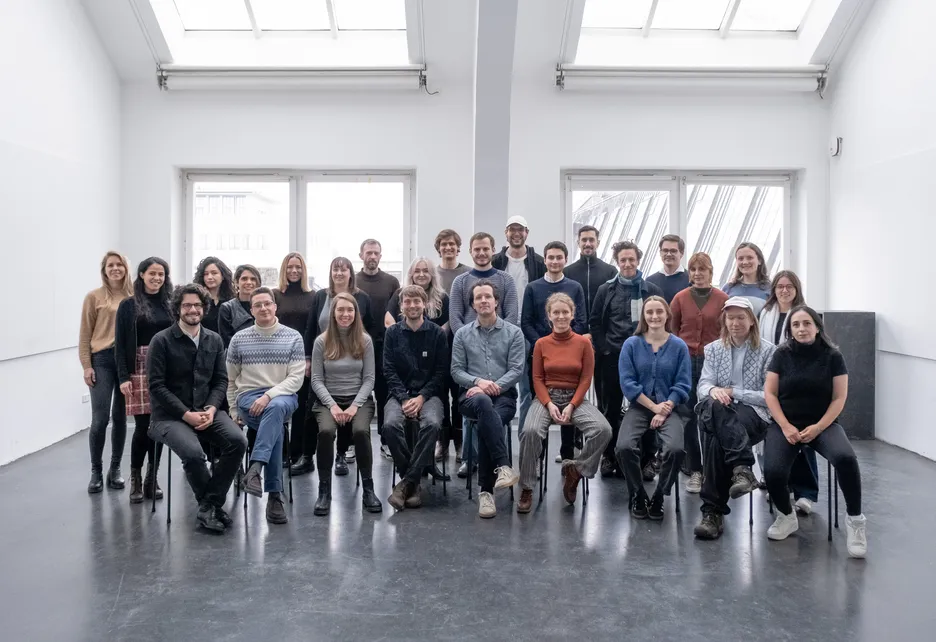Vision of the Professorship of Urban Design, 2024
Since its foundation in 1908 by Theodor Fischer, urban design teaching at the Technical University of Munich has always been closely linked to the idea that the principles of progress, growth, order and reason lead to a better built environment. We are currently experiencing the failure of this system in the form of the polycrisis, which is leading to a gradual loss of our basis of existence. The realization that our current way of life cannot simply be maintained with technical innovations or "green growth", but must change fundamentally, gives us the difficult task of reinventing this way of thinking about progress and thus also the discipline of urban planning: a challenge that grips us anew every day.
How can we think about development and progress without destruction? How can we (return to) positive ways of acting in relation to our environment? How can we plan in such a way that the needs of all living beings in our biosphere are met? There is enough knowledge available for transformation: Conversions such as the prioritization of public and bicycle transport, ecological food production, a closer and much more biodiversity-based interaction between landscape and city, the shared use of goods and buildings, conversion of existing buildings or working according to the premises of sufficiency, conversion, restoration, revitalization, repurposing. However, this knowledge is often only implemented selectively rather than structurally and therefore not to a sufficient extent to meet the challenges of our time.
Our expertise and activities focus on five different, major transformation topics that are closely linked to the built environment: Community, mobility, framework conditions, discourse and, finally, the techniques and tools of urban design as a spatial-design discipline. "City" stands for the built environment, especially but not exclusively in the urban environment.
- City and community: The transformation towards a more intergenerational, egalitarian and socially acceptable coexistence.
- City and mobility: The transformation towards healthier, more equal, more resource-conserving and more demand-oriented transportation.
- Framework conditions of cities: The transformation to a sustainable way of (re)building and using the everyday built environment.
- City in exchange and debate: The transformation towards an interdisciplinary, egalitarian discourse on the city.
- Techniques and tools of urban design: Changing the way urban design is understood and practiced.
We identify opportunities and challenges, develop knowledge and show realistic and optimistic ways in which our cities can move towards sustainability in line with these transformation themes. In this way, we design the city of the future as an image, as a description, as a collection of knowledge, but also 1:1 in real laboratories, and thus provide the material necessary to advance the five transformation themes. To this end, we are joining forces and looking for the greatest possible leverage for our projects.
We work according to these principles in teaching, but also in research and in everyday university life:
- We demand and promote personal initiative, the ability to collaborate and transdisciplinary thinking.
- We encourage all members of the university to focus on developing their own strengths and talents.
- We continuously question and develop our teaching methods.
- We actively promote debates on topics such as inclusion, feminism and diversity.
- A fundamental transformation of our cities, as we believe is necessary, requires constant exchange with the urban community and listening to the opinions of others. In the spirit of an open university culture of discussion, we use the constitution and human rights as well as clearly proven scientific phenomena such as the existence of the climate emergency as a framework for this. Within this framework, the decisive factor for us is not who speaks, but what statements are made.
- For us, leadership means supporting others as equals, facilitating decisions, setting priorities and avoiding excessive demands.
- We are committed to regenerative principles and conserving resources.
- We teach and promote cooperative ideas and principles of sharing.
These principles are constantly questioned, expanded and changed.
